Daily Conversation Time

Your cat craves genuine interaction more than any expensive toy. While you’re scrolling through your phone, your feline friend is sitting there hoping for a real conversation. Cats are incredibly social creatures who bond through vocal exchanges.
Talk to your cat like you would a friend – ask about their day, comment on the weather, or share your thoughts. They’ll respond with meows, purrs, and head tilts that show they’re genuinely engaged. This simple daily ritual strengthens your bond and provides mental stimulation that no store-bought item can match.
A Consistent Daily Routine

Cats thrive on predictability, yet this crucial need costs absolutely nothing. Your feline companion feels most secure when they know what to expect each day. Unlike dogs who adapt quickly to schedule changes, cats can become anxious when their routine gets disrupted.
Establish regular feeding times, play sessions, and bedtime rituals. Even something as simple as greeting them the same way each morning creates a sense of security. This invisible structure becomes the foundation of their emotional well-being, reducing stress-related behaviors like excessive meowing or inappropriate elimination.
Strategic Ignore Time
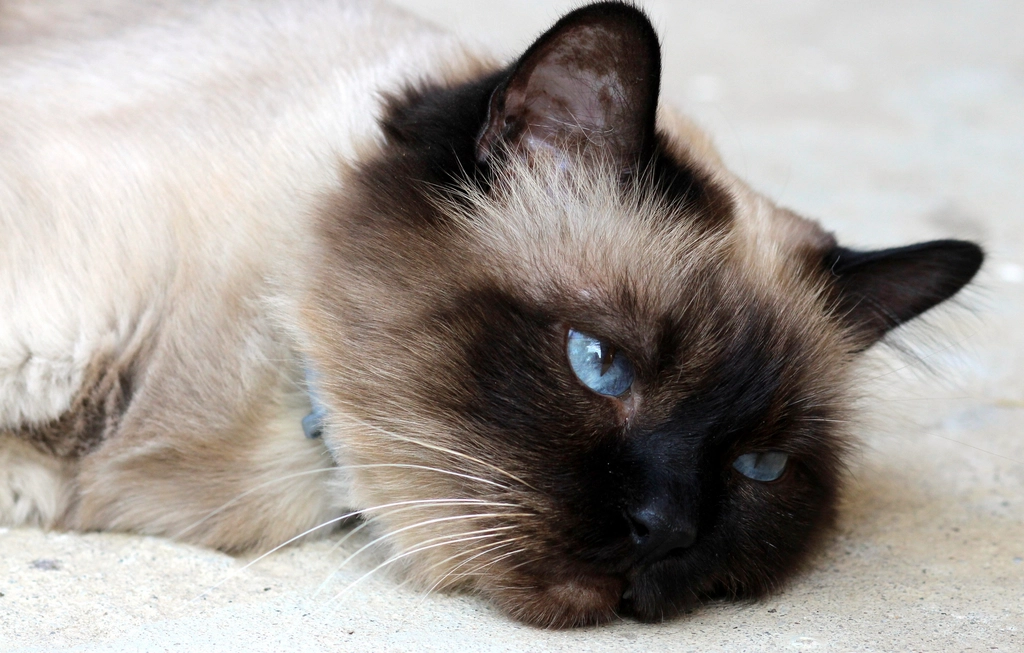
Sometimes the best thing you can give your cat is absolutely nothing – and that’s harder than it sounds. Cats need periods where they can observe without being disturbed, process their environment, and simply exist without human interaction. This isn’t neglect; it’s respect for their independent nature.
Create opportunities for your cat to watch you from a distance without feeling obligated to interact. They’re natural observers who learn about their territory and family through quiet observation. This downtime helps prevent overstimulation and maintains their mental balance.
Problem-Solving Opportunities
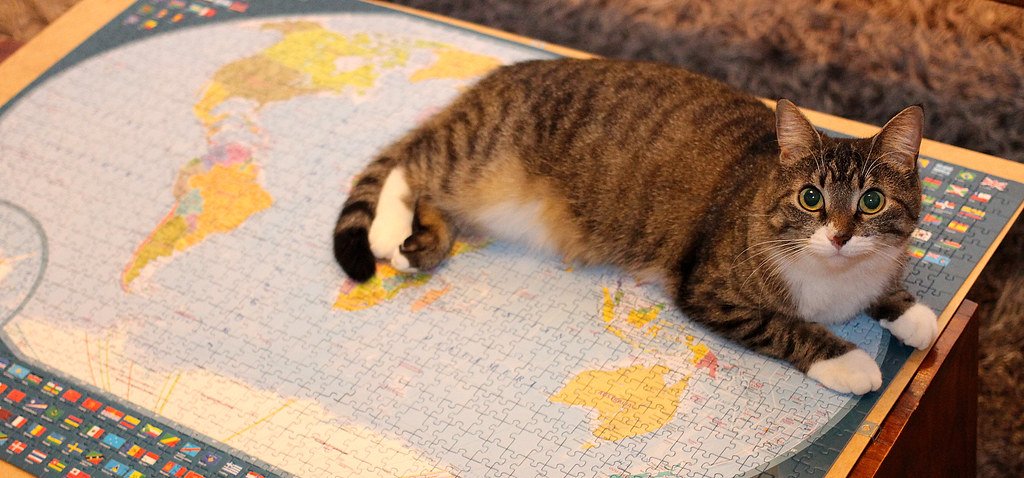
Your cat’s brain needs challenges that tap into their natural hunting instincts, but these don’t come in packages. Hide small portions of their food around the house, requiring them to “hunt” for their meals. This engages their problem-solving abilities and provides mental exercise.
Create puzzles using cardboard boxes, paper bags, or even toilet paper rolls with treats inside. The key is making them work for rewards rather than simply placing food in a bowl. This mental stimulation prevents boredom and destructive behaviors while keeping their minds sharp and engaged.
Respect for Their Personal Space

Cats desperately need humans who understand the word “no” – and it’s completely free to give. Unlike dogs who often enjoy constant attention, cats have specific boundaries that must be respected. Forcing interaction when they’re not interested damages trust and increases stress.
Learn to read your cat’s body language and back off when they signal they’ve had enough. This includes respecting their favorite hiding spots, not interrupting their grooming sessions, and allowing them to approach you on their terms. This mutual respect creates a stronger, more trusting relationship.
Exposure to Natural Light Cycles
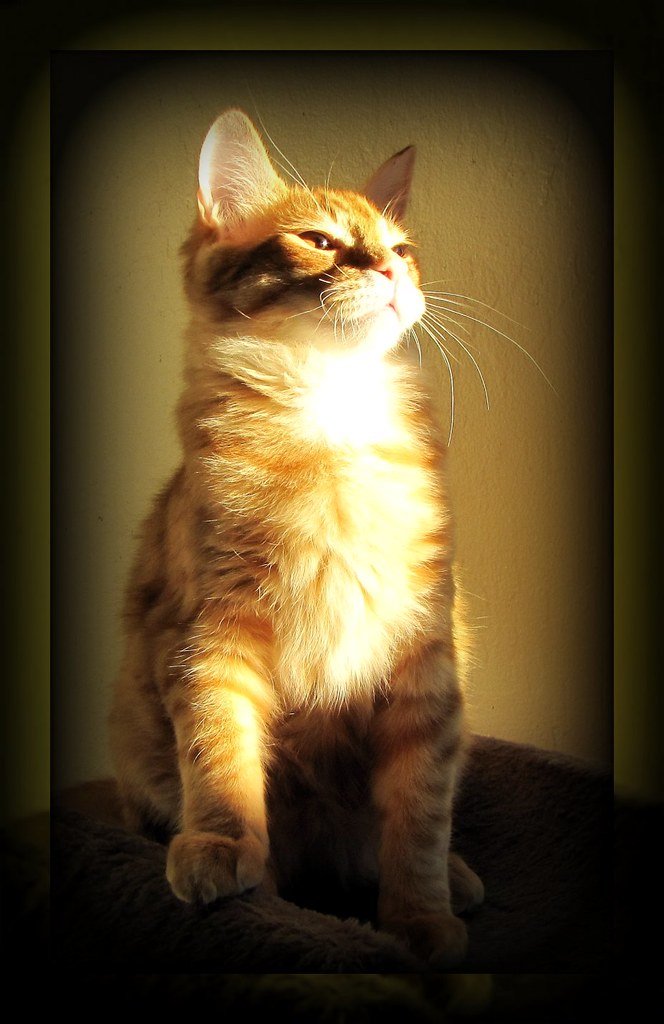
Your cat’s internal clock depends on natural sunlight patterns, something no artificial lighting can properly replicate. Cats evolved to be most active during dawn and dusk, and they need exposure to natural light cycles to maintain their circadian rhythms. Indoor cats often struggle with this adjustment.
Open curtains and blinds during the day, and consider leaving some slightly open at night. Position their favorite resting spots near windows where they can observe the changing light throughout the day. This natural rhythm helps regulate their sleep patterns and overall health.
A Sense of Territory and Ownership
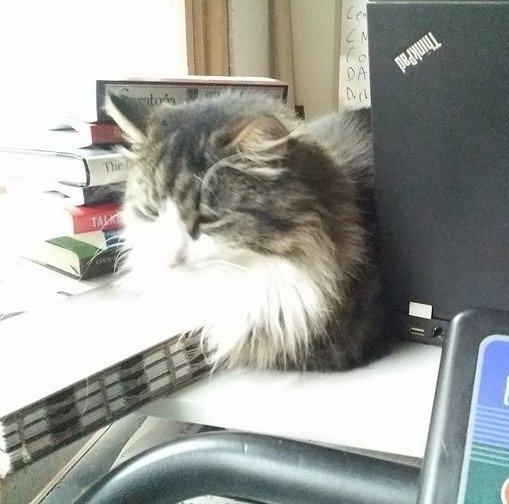
Cats need to feel like they own their space, and this psychological need can’t be purchased. They’re territorial creatures who feel most confident when they have clearly defined areas that belong to them. This goes beyond just having a bed or scratching post.
Allow your cat to claim certain furniture, windowsills, or corners of rooms as their own. Don’t rearrange their chosen spots frequently, and respect their territorial preferences. When they feel secure in their ownership of space, they’re more relaxed and less likely to develop behavioral issues. This sense of ownership extends to their relationship with you – they need to feel like you belong to them, not the other way around.
Conclusion
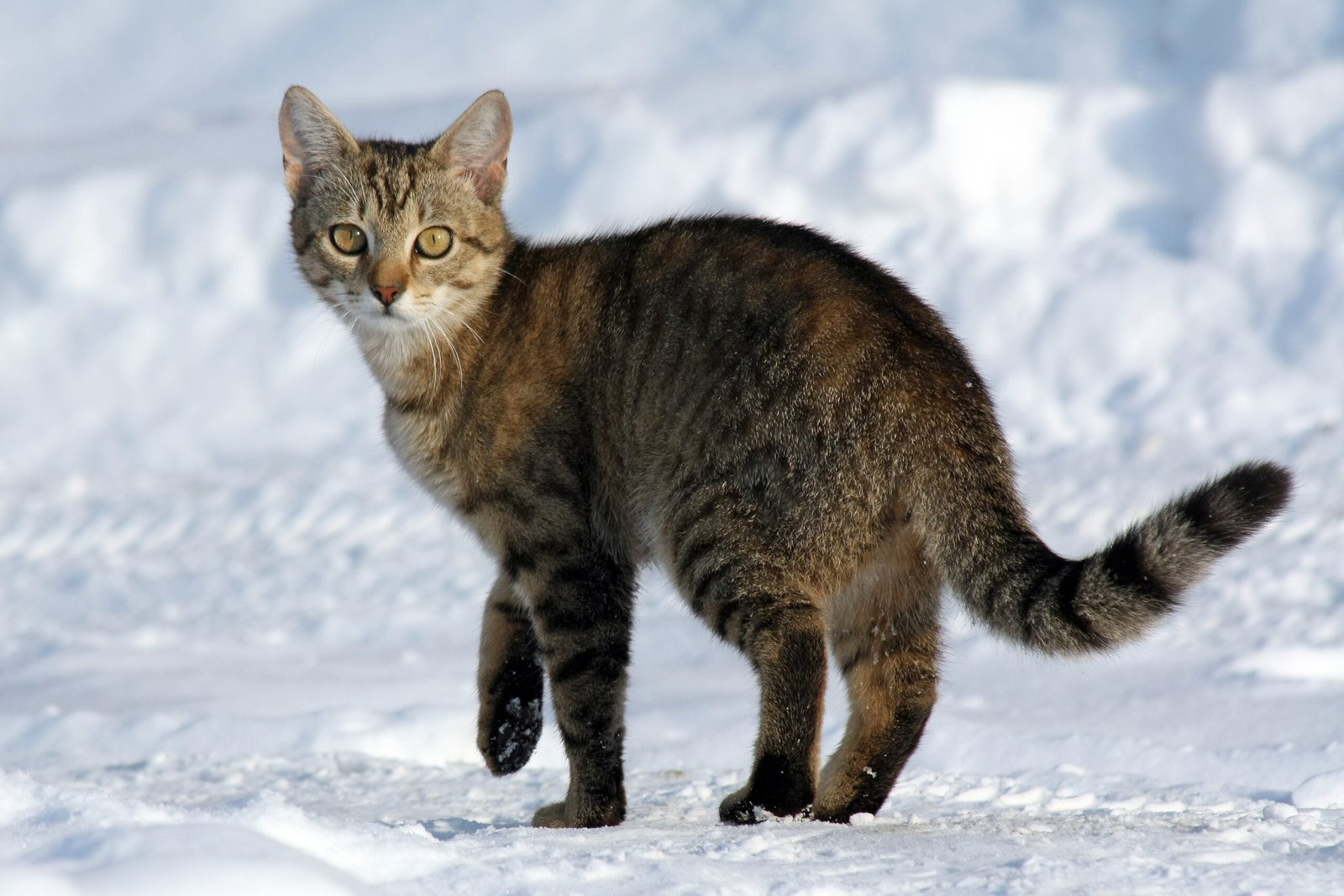
The most valuable gifts you can give your cat aren’t found on any store shelf. These essential needs – conversation, routine, respect, mental challenges, natural light, and territorial security – cost nothing but time and understanding. They tap into your cat’s deepest psychological and emotional needs, creating a bond that transcends any material purchase.
Your cat doesn’t need another toy or expensive gadget. They need you to understand them as the complex, intelligent creatures they are. Have you been overlooking these free but invaluable gifts your feline friend has been waiting for?
Hi, I’m Bola, a passionate writer and creative strategist with a knack for crafting compelling content that educates, inspires, and connects. Over the years, I’ve honed my skills across various writing fields, including content creation, copywriting, online course development, and video scriptwriting.
When I’m not at my desk, you’ll find me exploring new ideas, reading books, or brainstorming creative ways to solve challenges. I believe that words have the power to transform, and I’m here to help you leverage that power for success.
Thanks for stopping by, Keep coming to this website to checkout new articles form me. You’d always love it!






